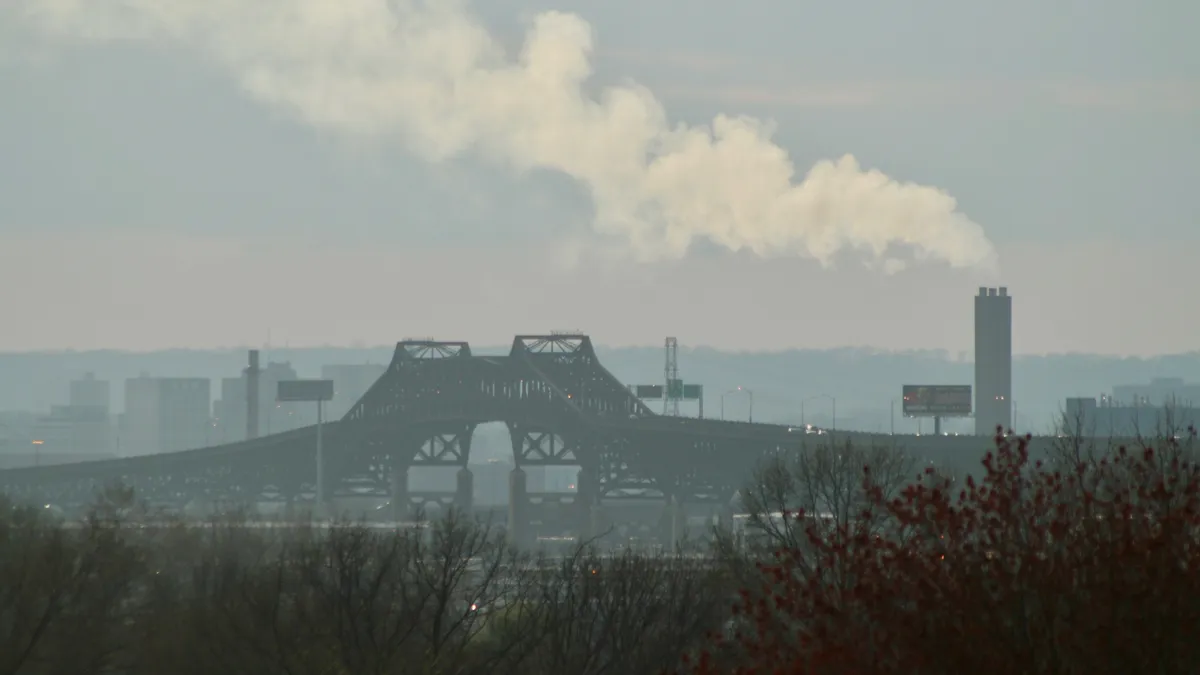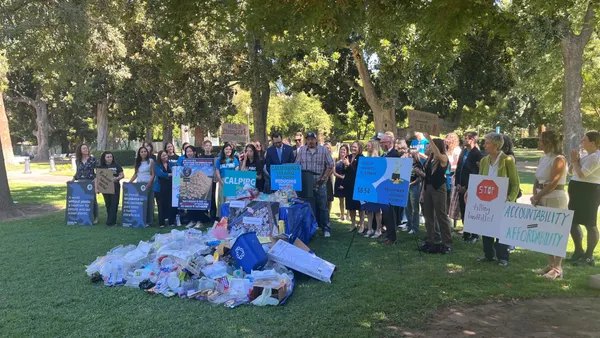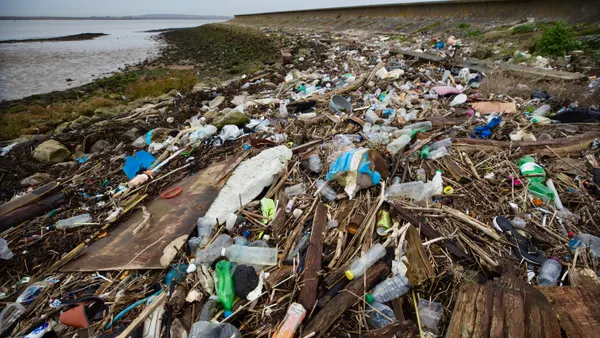Few state laws passed this year have as many implications for the waste and recycling industry as New Jersey's environmental justice legislation (S232/A2212). The landmark law won support from notable waste stakeholders and experts say it could influence policy in other states.
Companies in the waste industry are increasingly grappling with environmental justice as public conversations around systemic racism, impacts from climate change and other crises provide new momentum to environmental, social and corporate governance (ESG) efforts. The New Jersey law, which has yet to take effect, offers an example of stakeholders uniting on key ESG considerations such as potential emissions and pollution benefits, racial justice and evolving corporate policies impacting such issues.
New Jersey's legislation explicitly links the placement of industrial sites to the disparities that face nearby communities, often home to people are low-income, Black or Latinx. It tasks the state Department of Environmental Protection (NJDEP) with considering the impacts many industrial facilities pose to those "overburdened communities" when they are created or expanded.
The law defines impacted communities under census block groups and singles out areas where 35% or more of households are low income, or if 40% or more identify as non-White or have reduced English-speaking proficiency. Sites targeted under the law include major sources of air pollution and waste sites like incinerators and landfills, along with transfer stations, sludge processing plants, scrap metal facilities and other "resource recovery" sites, including recycling facilities that receive more than 100 tons of material daily.
According to estimates by lawmakers and outside groups, around 300 of the state's 565 municipalities have at least one community that would qualify under the law. Gov. Phil Murphy publicly backed the legislation prior to its passage in a rare move. In a statement, Deputy Press Secretary Christine Lee said the governor "was honored to sign the nation’s strongest environmental justice legislation" to create safeguards for impacted communities.
"New Jersey will continue to lead the nation to address the critical gap in our nation’s environmental laws as well as ensuring that access to clean water and clean air is provided not just to some, but to all," Lee said.
Multiple community groups expressed early support for the law. Ana Baptista, associate director for the Tishman Environment & Design Center at the New School, called it "critical" in August. She tied it to the pandemic, which has disproportionately affected Black and Latinx people.
"The time for rhetoric is over — our communities need action," she said. "We deserve the same right to breathe clean air and [health]. "
Prior to its passage, business interests including waste and recycling stakeholders expressed concerns about the law's implications for the state's economy. The National Waste & Recycling Association (NWRA), for example, worried it would "send chills throughout the state’s recycling and solid waste industry" and sought a delay around how quickly the legislation would apply.
But NWRA also acknowledged the environmental justice concerns repeatedly raised by community members and advocacy groups.
Covanta expressed support for the law despite caveats and noted its intent to invest $40-$50 million into emissions controls at its Camden, New Jersey, facility. The company separately pointed to such investments as an example of costs others might incur under the law — expenses Covanta committed to prior to its passage.
Covanta Chief Sustainability Officer Paul Gilman applauded the law shortly after its passage and linked the company's support for the legislation to broader environmental justice issues in a press release. "[The bill] is about taking meaningful and measurable action to protect the communities we serve; after all, they are our communities too and are where our employees and their families live, work and play," Gilman said.



 Read more
Read more






